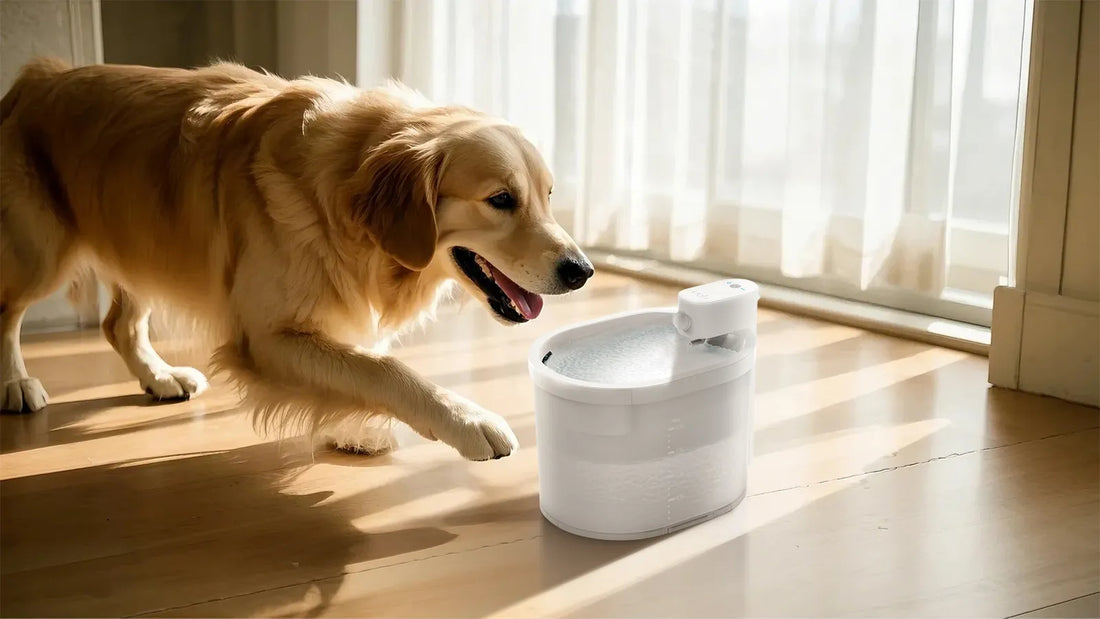Bringing home a 3-week-old puppy is an exciting yet challenging experience. At this tender age, puppies are highly dependent on proper care, especially when it comes to feeding. Establishing a well-structured 3 week old puppy feeding schedule is crucial for their growth and development. This guide will walk you through everything you need to know to ensure your furry friend thrives.
Understanding the Nutritional Needs of a 3 Week Old Puppy
At three weeks old, puppies are in a critical stage of development. Their bodies are growing rapidly, and they require a diet rich in essential nutrients. During this period, puppies transition from relying solely on their mother's milk to beginning the weaning process. Proper nutrition is vital to support their immune system, bone development, and overall health.
What to Feed a 3 Week Old Puppy
At this age, puppies should still receive their mother's milk if possible. However, if the mother is unavailable or unable to nurse, a high-quality puppy milk replacer is the best alternative. Avoid feeding cow's milk, as it can cause digestive issues. Around this time, you can also introduce a soft, moistened puppy food to help them transition to solid food. Ensure the food is specifically formulated for puppies to meet their unique nutritional needs.
Creating a 3 Week Old Puppy Feeding Schedule
Consistency is key when it comes to feeding a young puppy. Here’s a sample 3 week old puppy feeding schedule to follow:
- Early Morning: Offer a small amount of puppy milk replacer or moistened puppy food.
- Mid-Morning: Provide another feeding session with the same options.
- Afternoon: Continue with a small meal to keep their energy levels stable.
- Evening: Offer another feeding session, ensuring they are well-nourished before bedtime.
- Late Night: A final small meal can help them sleep comfortably through the night.
Puppies at this age typically need to eat every 3-4 hours. Adjust the schedule based on your puppy's appetite and growth.
Tips for Feeding a 3 Week Old Puppy
Feeding a young puppy requires patience and attention to detail. Here are some tips to make the process smoother:
- Use a Shallow Dish: Puppies are still learning to eat, so a shallow dish makes it easier for them to access their food.
- Monitor Portion Sizes: Overfeeding can lead to digestive issues, while underfeeding can stunt growth. Follow the guidelines on the puppy food packaging or consult your veterinarian.
- Keep Feeding Areas Clean: Puppies are prone to infections, so ensure their feeding area and dishes are clean and sanitized.
- Watch for Allergies: Introduce new foods gradually and monitor for any signs of allergies or sensitivities.
Signs Your Puppy Is Getting Proper Nutrition
A well-fed puppy will exhibit certain signs of good health. Look for the following indicators:
- Healthy Weight Gain: Your puppy should be steadily gaining weight each week.
- Bright Eyes and Shiny Coat: Proper nutrition contributes to a puppy's overall appearance.
- High Energy Levels: A well-nourished puppy will be active and playful.
- Regular Bowel Movements: Consistent and healthy stools are a sign of good digestion.
Common Feeding Challenges and Solutions
Feeding a 3-week-old puppy isn’t always straightforward. Here are some common challenges and how to address them:
- Refusal to Eat: If your puppy refuses food, try warming it slightly or offering a different texture. Consult a vet if the issue persists.
- Digestive Upset: Puppies may experience diarrhea or vomiting if their diet changes too quickly. Stick to a consistent feeding schedule and introduce new foods gradually.
- Overeating: Some puppies may eat too quickly or too much. Use portion control and consider feeding smaller meals more frequently.
When to Transition to Solid Food
By the time your puppy reaches 4-6 weeks of age, they should be ready to transition fully to solid food. Start by mixing moistened puppy food with milk replacer and gradually reduce the liquid content. This process should be slow and steady to avoid digestive issues.
Consulting a Veterinarian
Every puppy is unique, and their nutritional needs may vary. Regular check-ups with a veterinarian are essential to ensure your puppy is growing at a healthy rate. Your vet can provide personalized advice on feeding schedules, portion sizes, and dietary adjustments.
Raising a 3-week-old puppy is a rewarding experience that requires dedication and care. By following a well-planned 3 week old puppy feeding schedule, you can set the foundation for a healthy and happy life for your furry companion. Remember, every meal counts in shaping their future!













